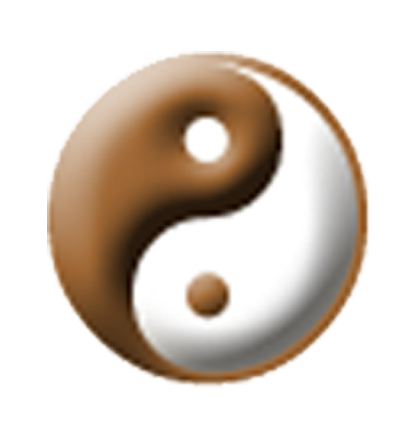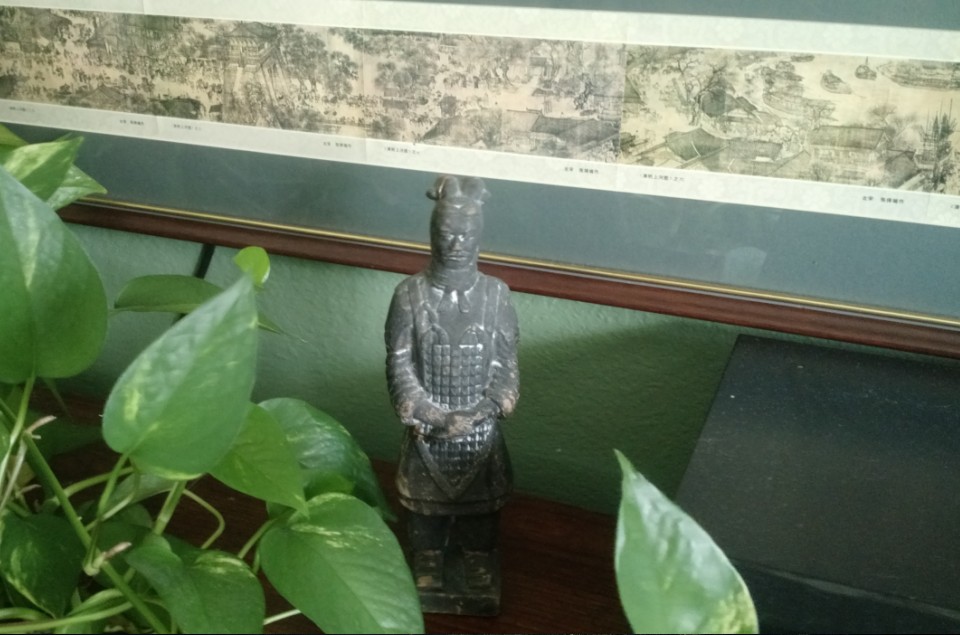
Self-Discipline Starts with Knowing
Self-Discipline starts with knowing who you are and what you can do. It’s a very self-centered process. That notion – self-centered – has a negative connotation for many. Someone who is self-centered is seen as selfish and self-absorbed. The difference is that being self-disciplined is considered a positive trait while being self-centered is not. The thing is, they go together.
How can you know what you can do if you don’t pay attention to your body? How can you know if you are not honest with yourself?
We don’t like to be honest with ourselves. It’s easier to hide those warts and pretend they don’t exist. The problem with that is they will appear at inconvenient times. And if self-discipline is a goal, hiding from what needs to be acknowledged won’t help.
In taiji push hands, we talk about “ting jin” 听劲 or “listening skill.” This is the ability to sense what the other person is going to do. Many other disciplines use this skill but may call it by another name. Wrestlers learn this skill. It relies on the ability to maintain balance and a connection with the opponent while at the same time, using the opponent’s movement (or lack of) to upset their balance and gain the advantage.
But we also must listen to ourselves, to our own bodies.
Food is a great example. Most of us know when we are hungry. We may even have developed a sense of what we might like – what sorts of foods and how they are prepared. But how many of us pay attention to which foods our bodies may want (or not) at which times? My body could be telling me not to eat that fried chicken today. I should listen.
This listening to what our bodies tell us is fundamental. Self-discipline starts with knowing what our bodies are telling us. If we don’t listen, how can we know? Once we have that, we can move on to being able to manage whatever is necessary.
Each person has a different body chemistry, tastes, and habits. Knowing what those are is the first step to being able to manage them. Anyone with food allergies has learned to avoid those foods, right?
Self-discipline starts with knowing both what you should and shouldn’t do. It’s often thought of only as ‘what you don’t do’ – that is, a person should have the self-discipline to show restraint in certain situations. That is true. But there’s also a level of self-discipline in ‘what you do.’ Being able to assess your own physical condition is essential. It can make all the difference. Suppose I slip and fall. The first thing I have to do is assess my condition. Anything broken? Any issues with general movement? The next thing I have to determine is what I can or cannot do. Can I get up? What are my options for getting help? What do I need? These are all rational questions that a person in distress may not be able to articulate. But the greater the level of self-discipline the person has, the more likely the problem can be managed.
Being able to manage a difficult situation without panic is a skill that comes with being self-disciplined and self-aware.
Image: The Temple at Tianzhu, Wudang Mountain, December 1999



